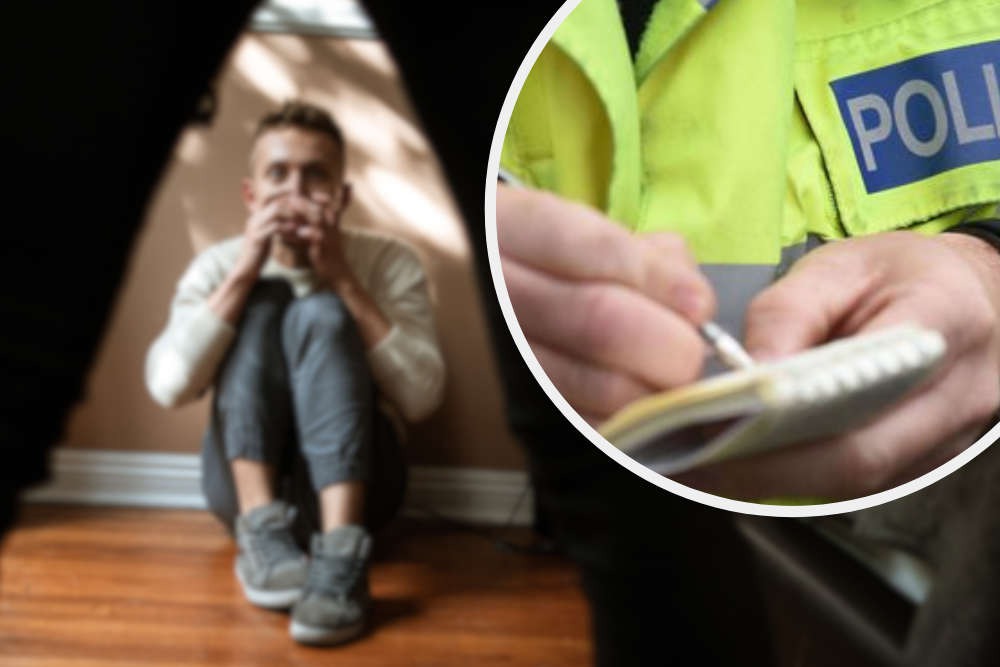
Domestic Abuse offences in Jersey are to be recorded as just that, following the final approval of a new law to protect victims.
The Domestic Abuse (Jersey) Law is being described as 'victim first' legislation.
It will also be the first law in Jersey to protect children and pregnant women against domestic abuse. This includes abuse directed at children and pregnant women, children being used against a victim, and children affected by witnessing and hearing abuse.
Alongside this, for the first time coercive and controlling behaviour will also be classed as domestic abuse.
This would include an abuser displaying a pattern of behaviour which includes making their victims dependent on them, this could be through limiting their access to money.
Those showing coercive and controlling behaviour may also isolate their victims, control their day-to-day activities and limit their freedom.
Circumstances in which children are used against another person in a domestic setting will now be an aggravating factor.
An abuser will be categorised as:
- Someone who is 16 and older,
- Displaying behaviour that is abusive in any form (psychological, physical, sexual, etc.),
- Alternatively, show signs of coercive and controlling behaviour on more than one occasion,
- Have a personal or intimate connection to the victim,
- Have a profound effect on someone (mentally, physically, sexually, etc.),
- Failing to help someone,
- And reckless engagement with abusive behaviour.
Those found guilty of a domestic abuse offence could face up to five years in jail and a fine.
Sarah Elliot, Independent Chair of the Safeguarding Partnership Board says the legislation recognises domestic abuse in all its forms:
"We really hope that will send a positive message to victims that actually Jersey takes domestic abuse very seriously and will use the full weight of the law in order to protect the, so we are very much welcoming that."
The new law, which has been unanimously passed in Jersey's States Assembly today (14 June) also allow the court to issue domestic abuse protection orders.
To issue an order, the court will need reasonable grounds to believe someone is being abusive and it is necessary to prevent further abuse, even if the victim does not wish it to be handed.
However, the protection order cannot be given to someone who is under the age of 18.
The order will prevent the abuser from contacting and getting close to their victim(s) and if the abuser lives with their victim, they must leave the home.
Abusers will have to give the police their full name, home address, as well as the address of where they will stay during the order's enforcement.
If they give false information or fail to tell the police details about changes, they can face six-month imprisonment and an unlimited fine.
An online record of people convicted of domestic abuse offences will also be created, with police able to contact people they may think are at risk.
Islanders will also be able to request information through Public Interest Disclosures.
Detective Superintendent Alison Fossey from States of Jersey Police says the law will strengthen protections for the community:
"We particularly welcome the introduction of the register for domestic abuse offenders. The register is a first for the United Kingdom and States members should be commended for bringing forward that piece of the legislation."
The law will come into force in Jersey in seven days time.


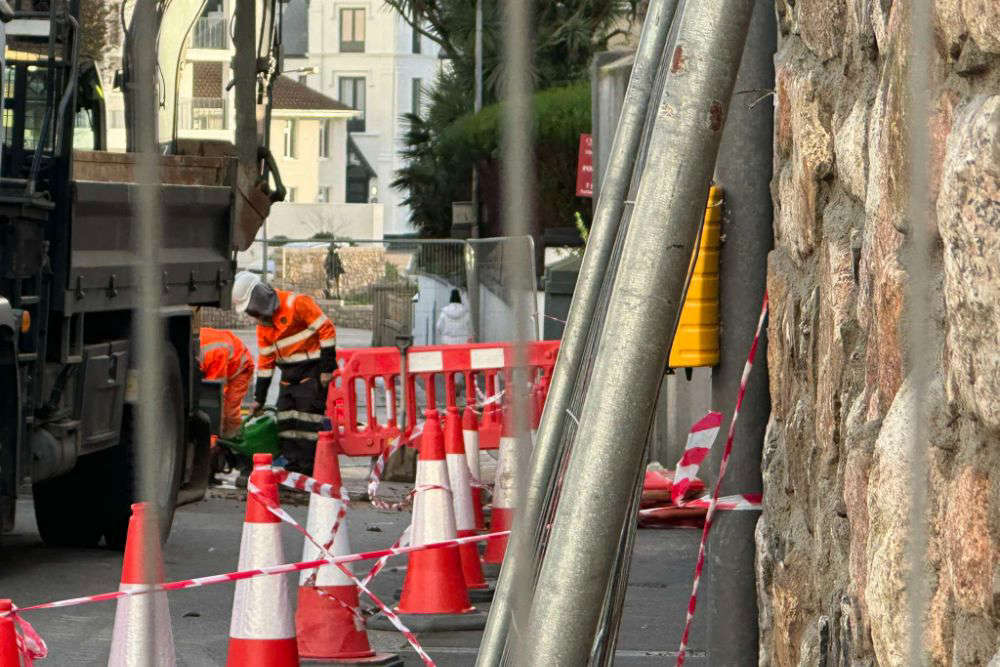 Rouge Bouillon closes again for more emergency road works
Rouge Bouillon closes again for more emergency road works
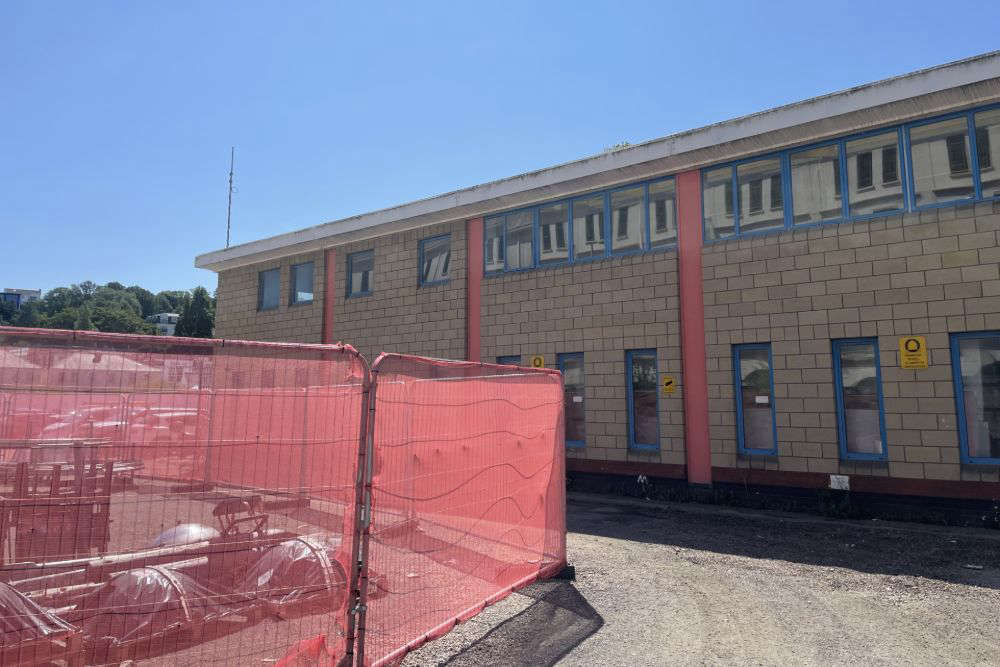 Gas Works skatepark, climbing wall and pump track idea rejected
Gas Works skatepark, climbing wall and pump track idea rejected
 82 year old's food bank fundraiser inspired by Occupation Red Cross efforts
82 year old's food bank fundraiser inspired by Occupation Red Cross efforts
 Ministers split over new Tenancy Law
Ministers split over new Tenancy Law
 Desalination plant due to start up to prepare for water shortage
Desalination plant due to start up to prepare for water shortage
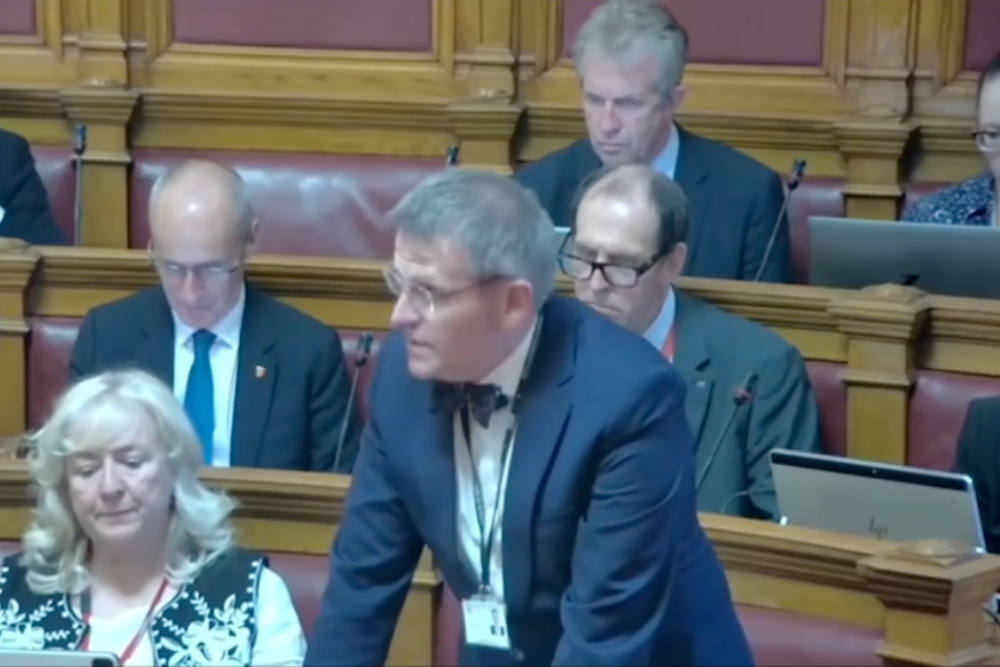 Deputy Ozouf to appear in court on immigration offences
Deputy Ozouf to appear in court on immigration offences
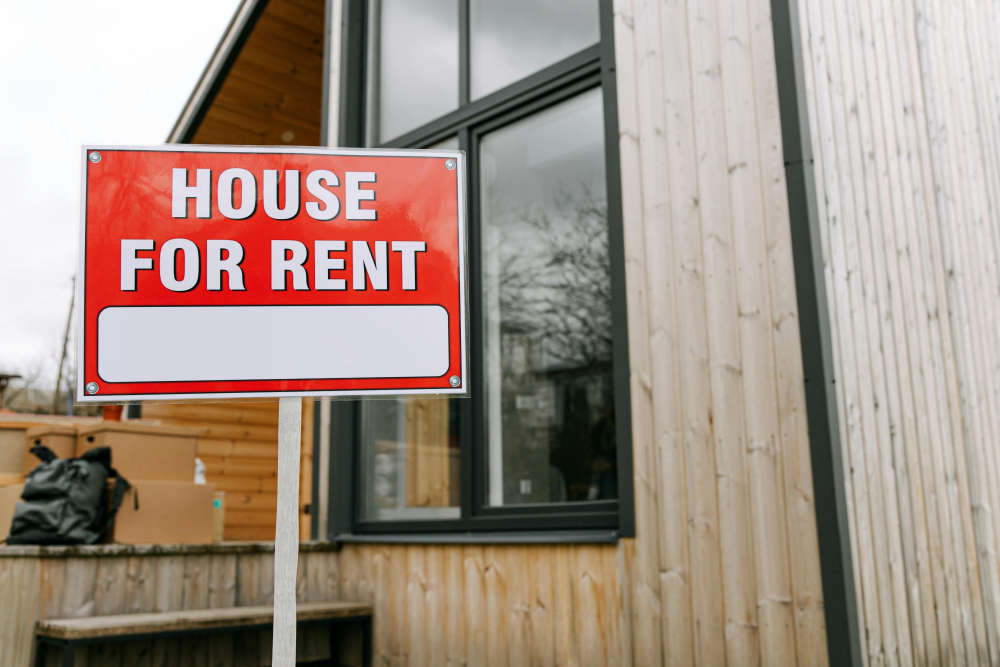 18,000 rented homes in Jersey now licensed
18,000 rented homes in Jersey now licensed
 June confirmed as warmest on record
June confirmed as warmest on record



